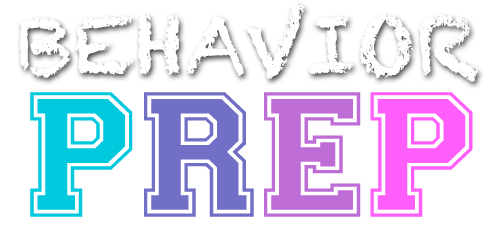E.10 Apply culturally responsive and inclusive service and supervision activities.
Applying culturally responsive and inclusive service and supervision activities means tailoring interventions, assessments, and supervisory practices to be sensitive and adaptable to the cultural backgrounds, values, and needs of clients, families, and supervisees. This approach ensures that services and supervision are respectful, relevant, and effective across diverse cultural contexts.
Example: A BCBA supervises an RBT who works with a family whose primary language is Spanish. To ensure culturally responsive supervision, the BCBA provides training materials in Spanish and arranges for supervision sessions with a translator when needed. They also adapt the intervention plan to align with the family’s cultural preferences, such as incorporating certain family rituals into the reinforcement system for the child. This ensures the service delivery is effective and respectful of the family’s cultural context.
